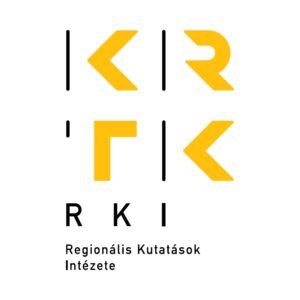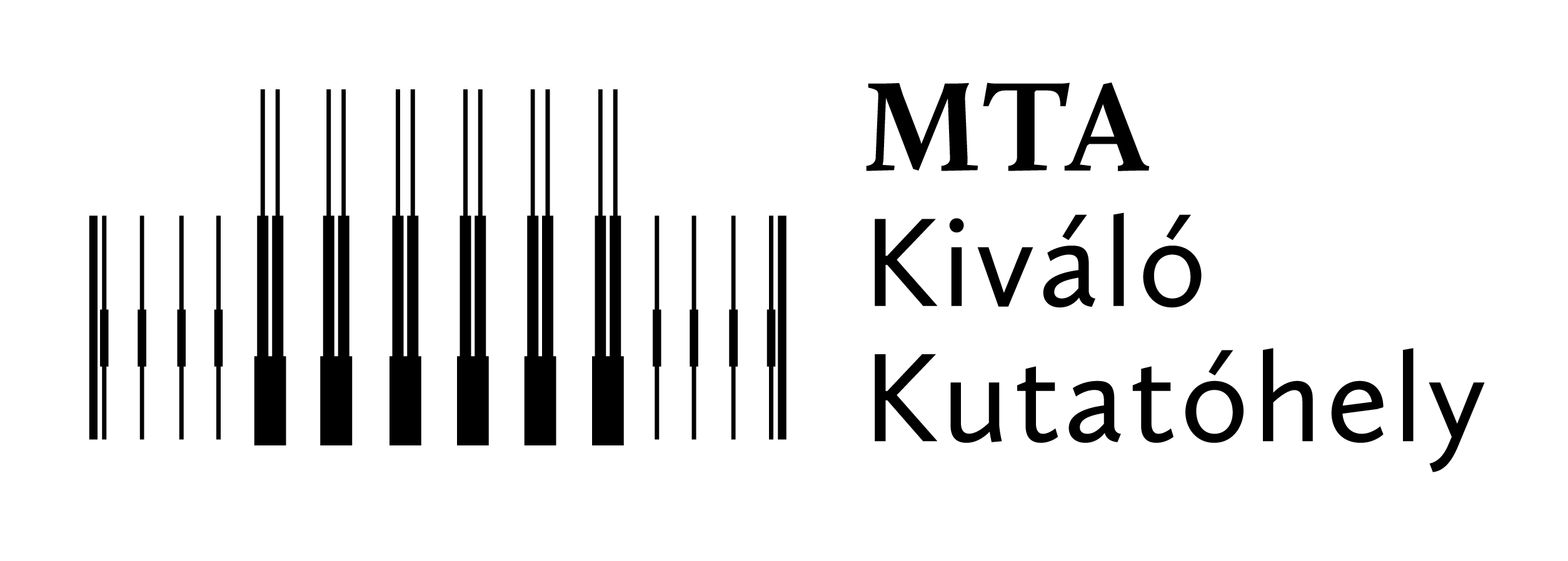EU Horizon 2020 research project ‘Resituating the local in cohesion and territorial development’ – RELOCAL aimed to identify factors that condition local accessibility of European policies, local abilities to articulate needs and equality claims and local capacities for exploiting European opportunity structures. It was based on case studies of local contexts (cities and their regions) that exemplify development challenges in terms of spatial justice. Case study locations will thus be chosen to allow for a balanced representation of different institutional contexts.

Spatial justice involves the fair and equitable distribution in space of socially valued resources and the opportunities to use them. As part of addressing the challenge of uneven spatial development, territorial cohesion, along with social and economic cohesion, has come to be a major goal of European policy. It emphasis the role of place and territory, and their specific assets (territorial capital) in EU cohesion policy.
However, the persistence and exacerbation of territorial disparities in the European Union, coupled with the insecurity that economic crisis and austerity have generated and even threaten this vision of cohesion. The aim of fairness with regard to access to opportunities, the availability of services of general interest and basic infrastructure, independently of location, has become increasingly difficult and expensive to achieve. One important consequence of this situation is a greater need to connect European Cohesion, both as policy framework and principle, more directly to local needs and local scale. Place-based and endogenous regional development as well as the more effective use of territorial capital and assets are some of the approaches that have been invoked to facilitate a greater local orientation of cohesion, territorial development and other UE policies.
RELOCAL project proposes bottom-up perspective within a multilevel context. It departs from the basic premise that localities and their functional spaces represent the contextual nexus where the relationship between individuals and spatial justice unfolds. Therefore, the principal rationale of the RELOCAL project is to contribute to conceptually and empirically enhancing the knowledge base on spatial justice and territorial inequalities and it also contributes to identifying policies promoting spatial justice and socio-economic well-being at various levels of governance.
The research project is funded by the European Union, H2020
Duration: 01.10.2016 – 06.30.2020
Leader of the project consortium: University of Eastern Finland
Head of Hungarian research group: Katalin Kovács
Website of the project



